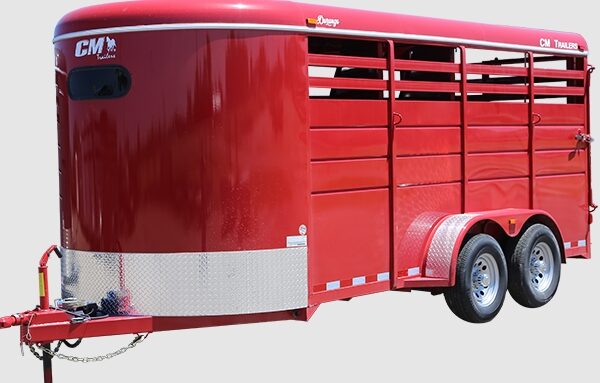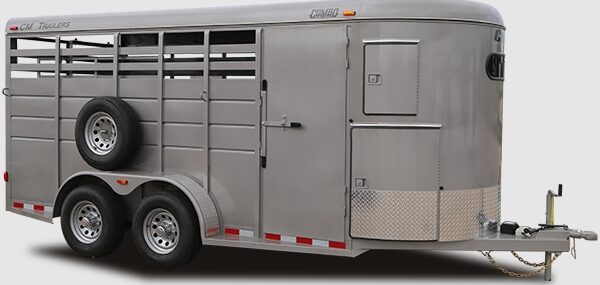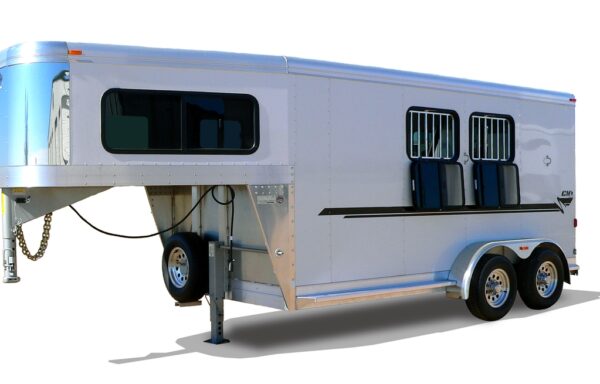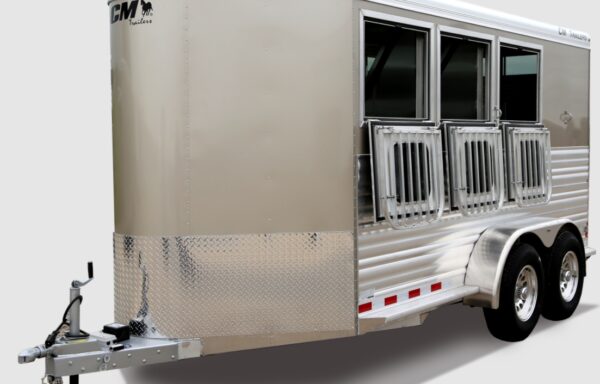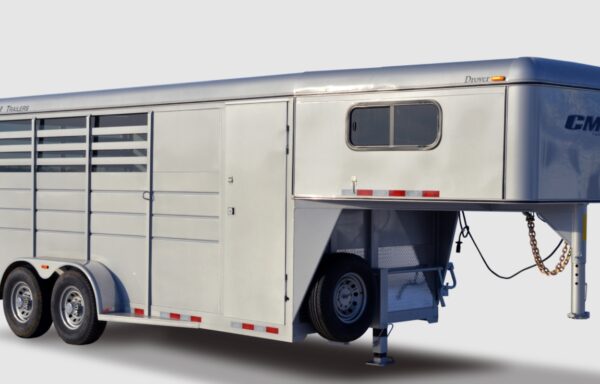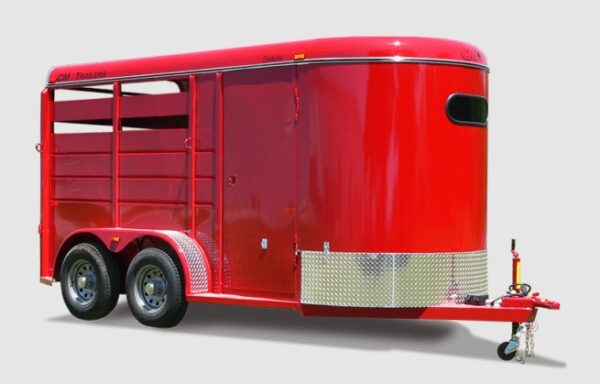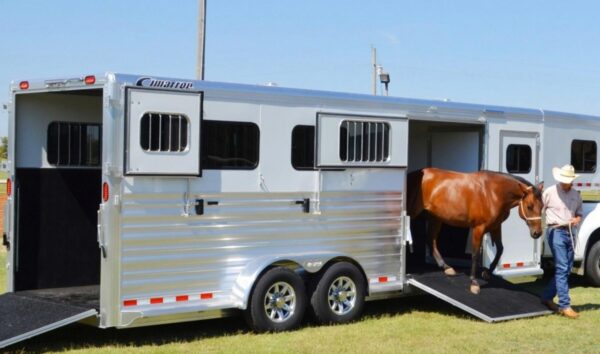
Special purpose trailers are used for transporting horses. They differ from other models by their design. Horse trailers are closed saloons that are mounted on truck chassis.
There can be many reasons to transport horses: from moving the horse to a new owner to trips to competitions. The mental and physical condition of the animal depends on how comfortable the trailer is, so comfort and safety are the starting points when choosing a horse transport van.
If the animal is fearful, the trailer should be as comfortable as possible, the animal should feel free and secure in it.
As a rule, horses feel more comfortable in trailers designed for transportation of two individuals at a time, no more. And they should be placed in the cabin in the direction of the vehicle’s movement.
The walls are made of plastic, plywood, aluminum and sandwich panels. The comfort of the animals depends on the availability of windows and cushion pads. It is also important that the animal is not deprived of air while moving, so modern horse trailers are equipped with hatches. The floor of the van is often made of reinforced rubber. This material prevents slipping.
Depending on the country and manufacturer, the trailer can be equipped with hydraulic ramp, lighting system, forced ventilation and even heating.
Trailers equipped with internal light modules are extremely convenient because loading of horses into the trailer can take place even in the dark time of the day.
Transportation is always stressful for the animal. No matter how comfortable the trailer is, it will still be shaky.
Therefore, experienced breeders recommend adhering to several rules that will help the horse to survive the move and reduce physical fatigue and stress:
- Prepare the horse for a future move well in advance by starting to add electrolyte to its food. It stimulates digestion, increases the content of micro-nutrients in the body and will reduce the feeling of thirst on the way. By the way, oversensitive and nervous animals often refuse liquids, which can lead to problems with the digestive tract.
- A couple of days before the trip the horse’s diet is changed: instead of heavy food they give freshly mowed grass. This helps to reduce the horse’s stress and provides a more pleasant transportation.
- To prevent the animal from getting hurt during the long journey, many breeders tie it to a special railing.

